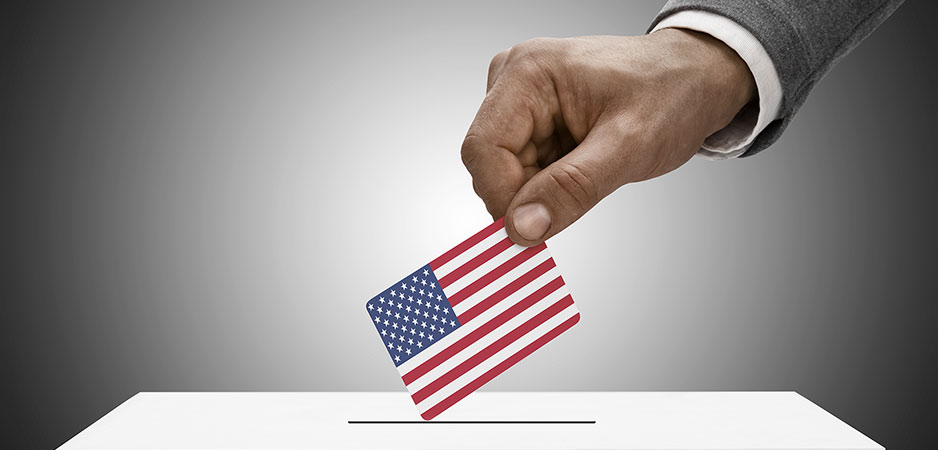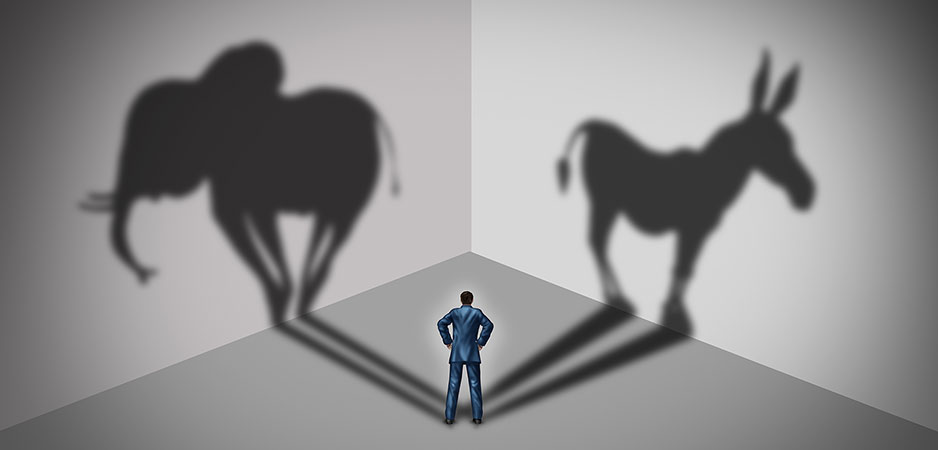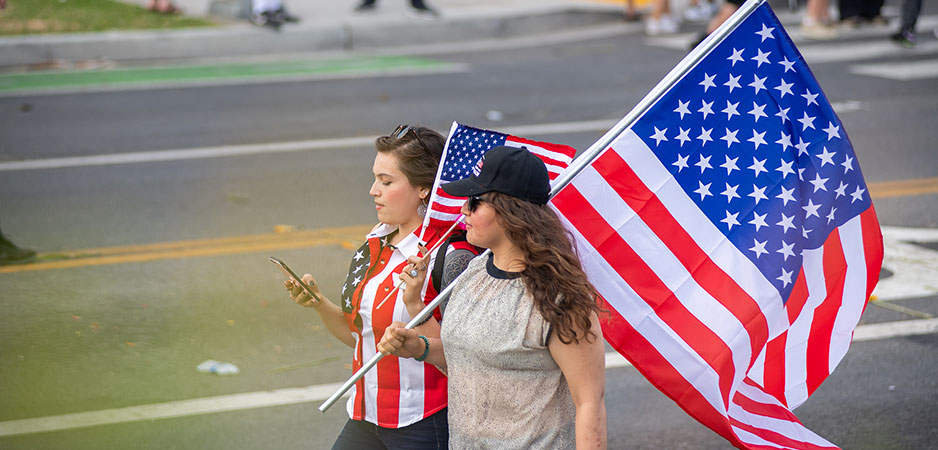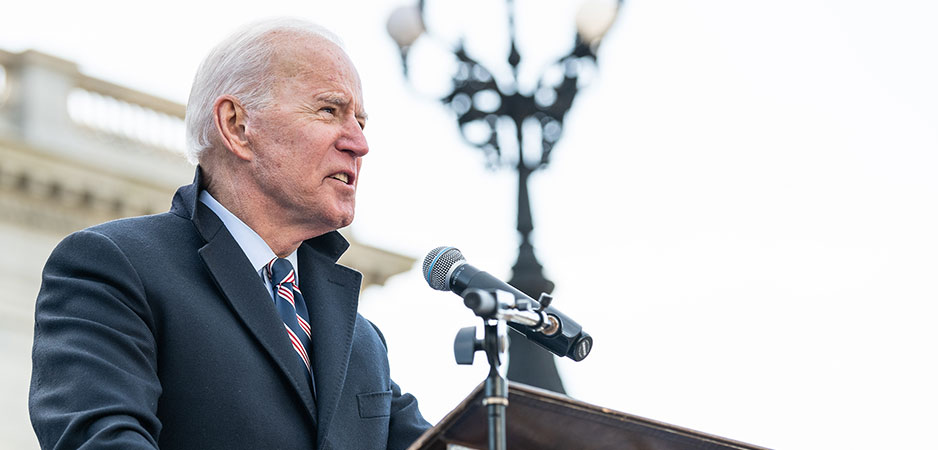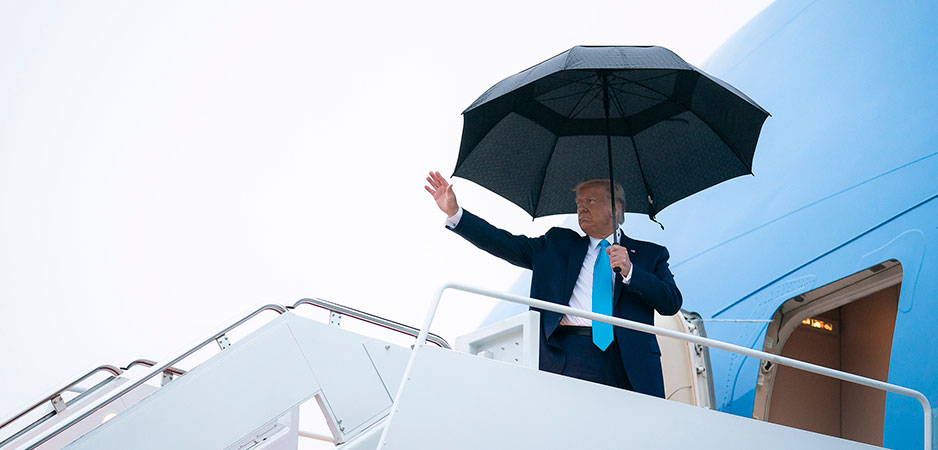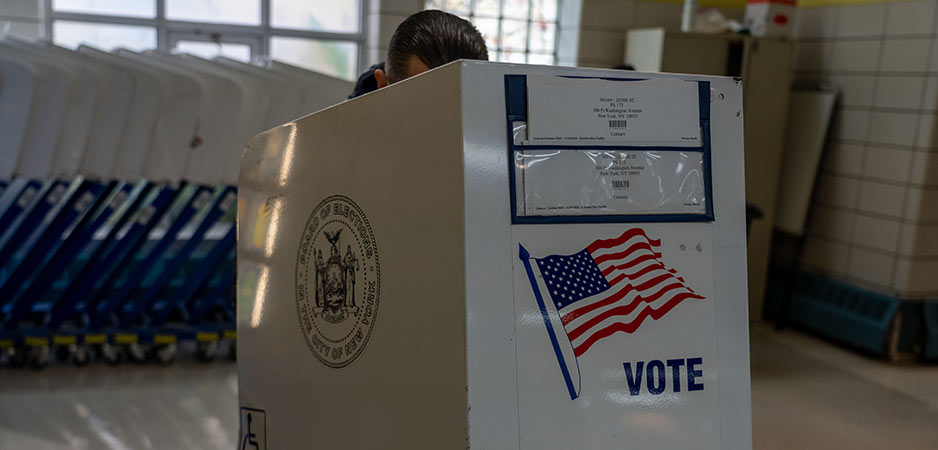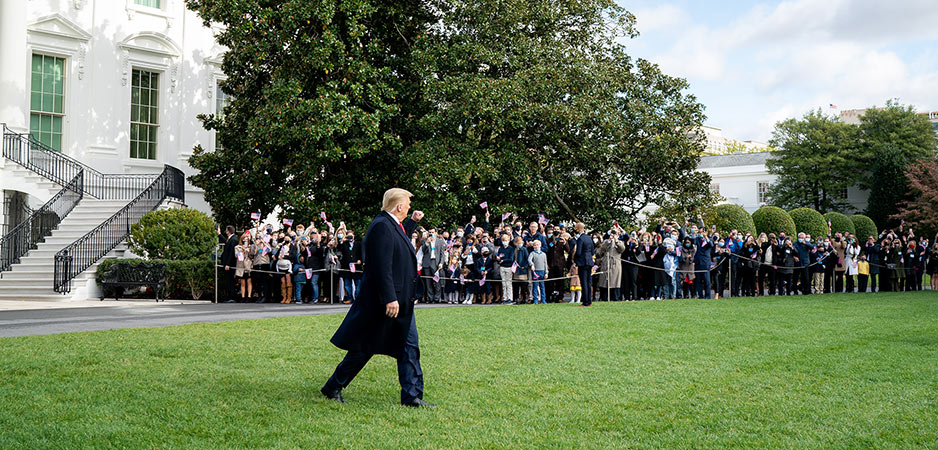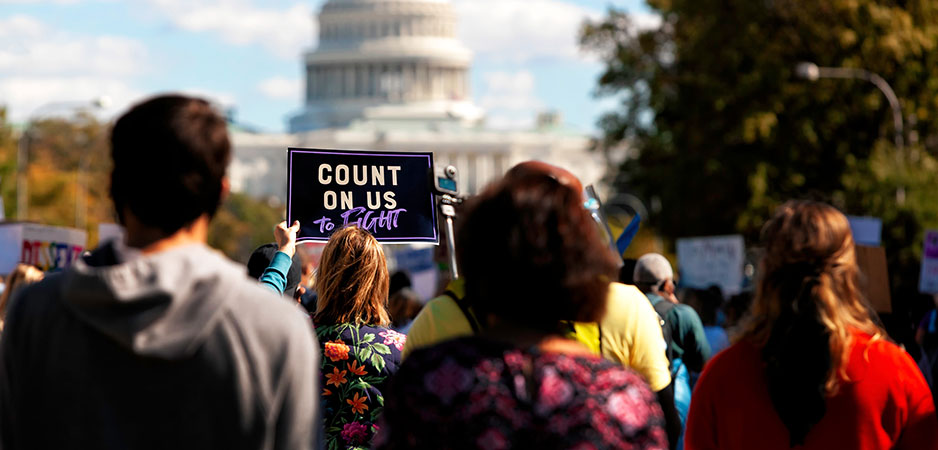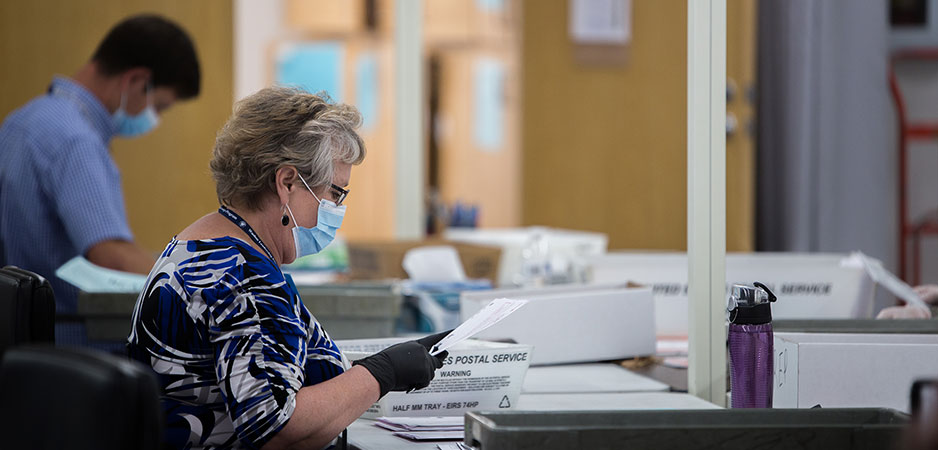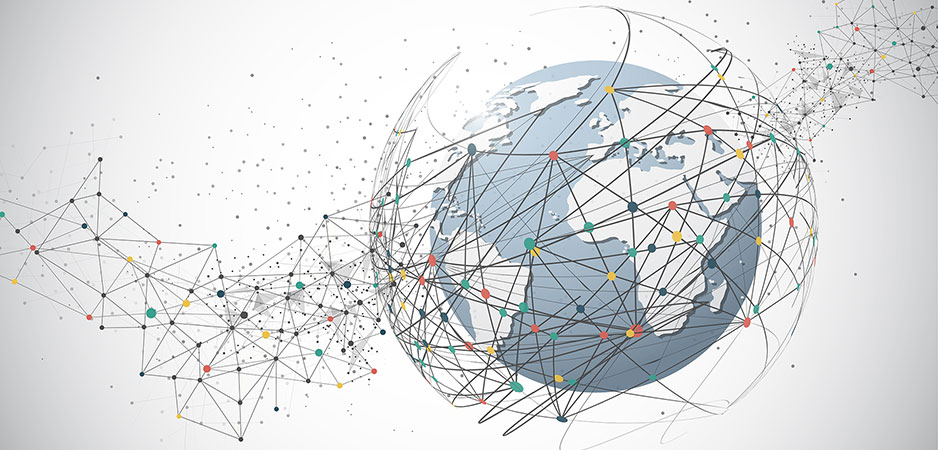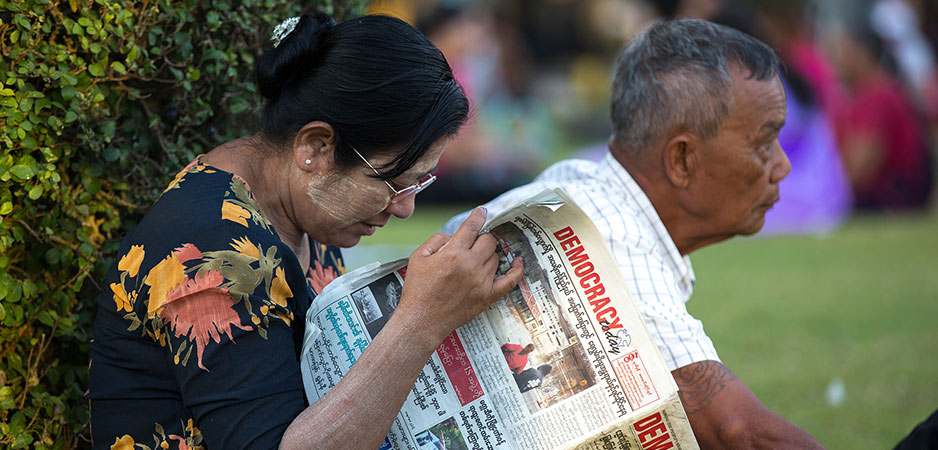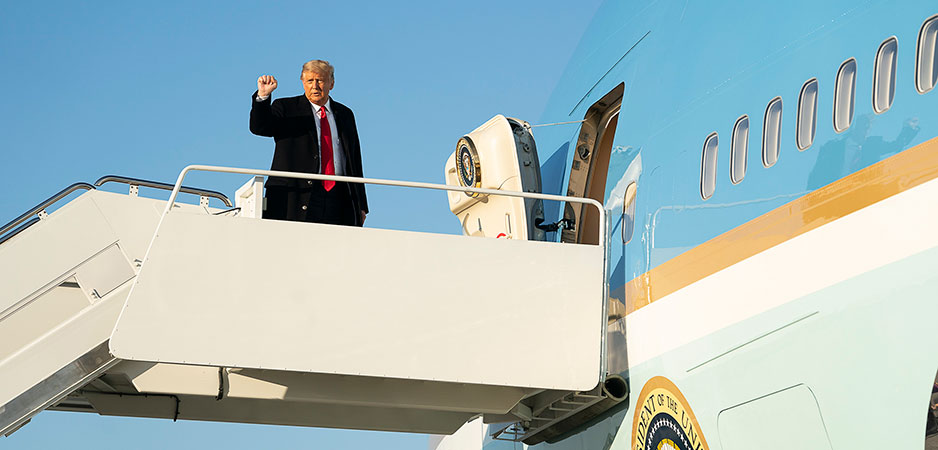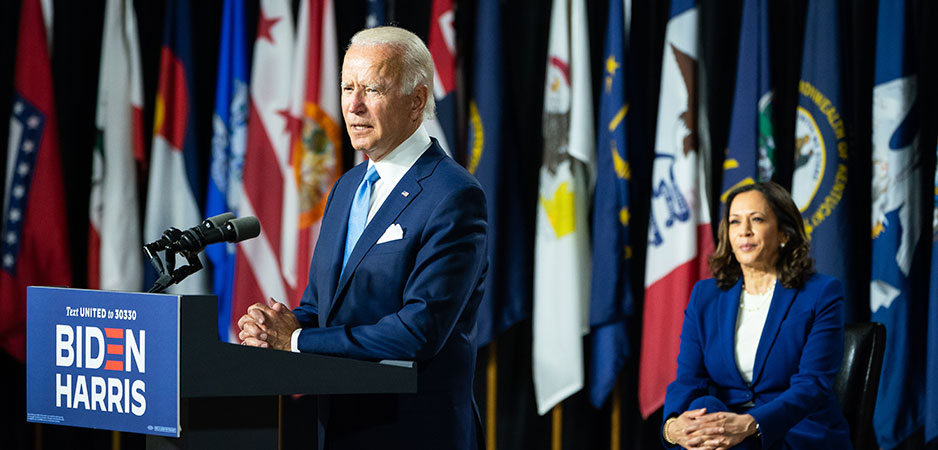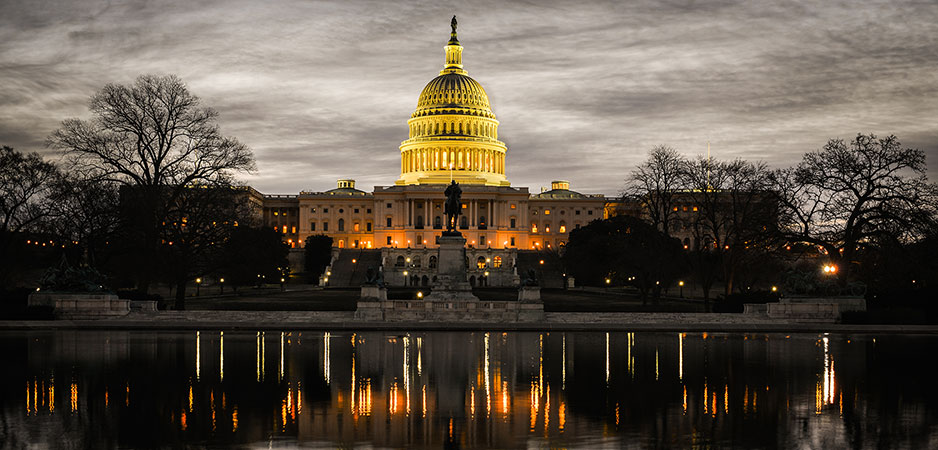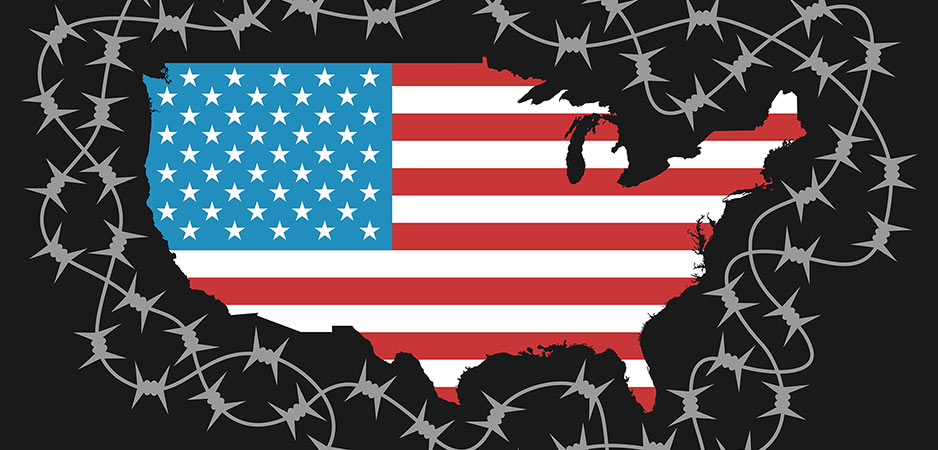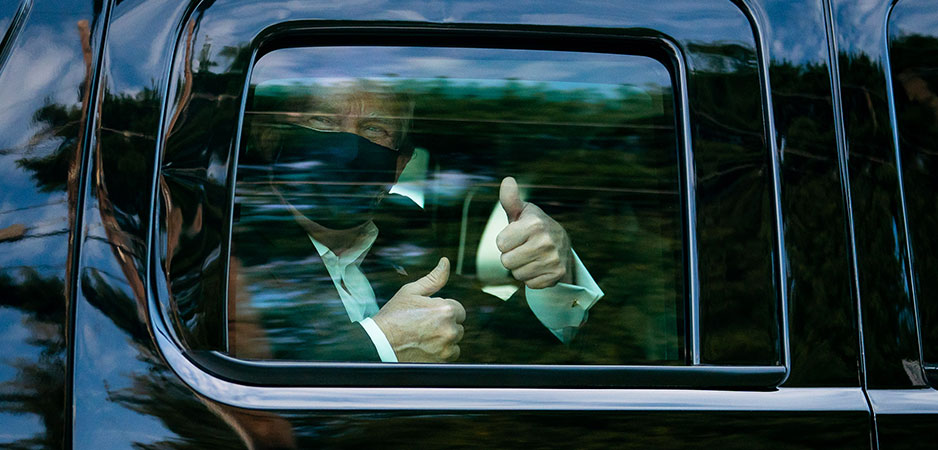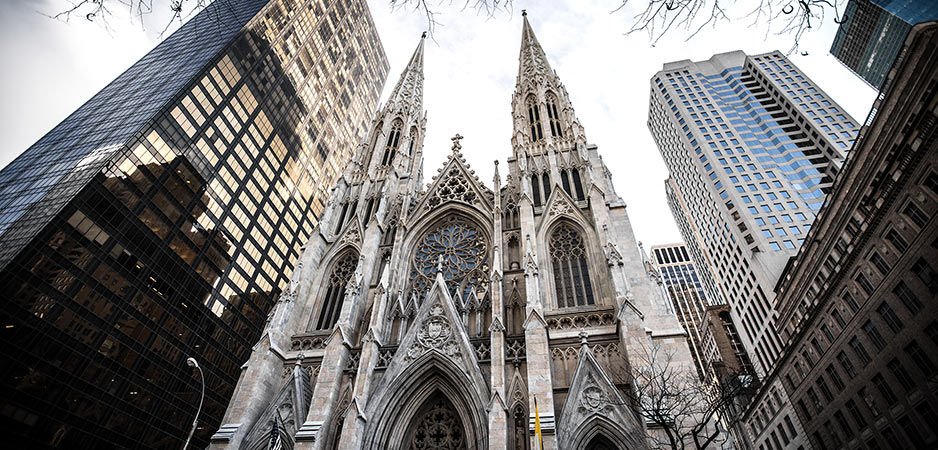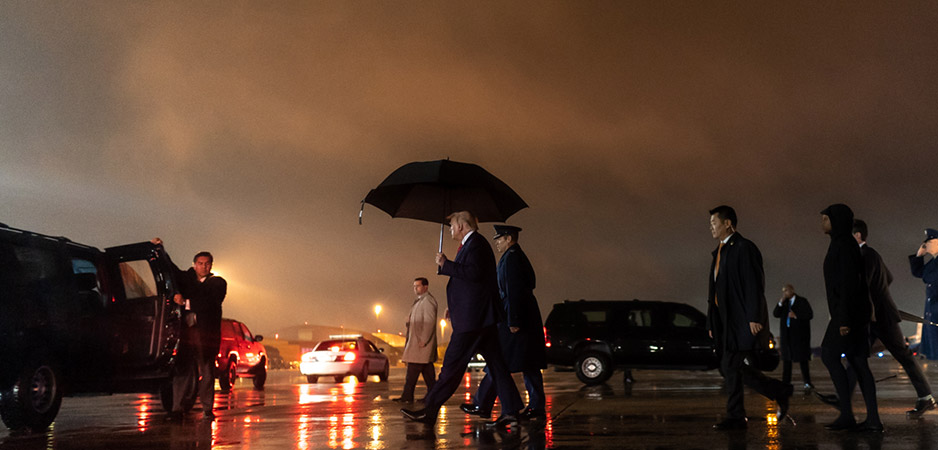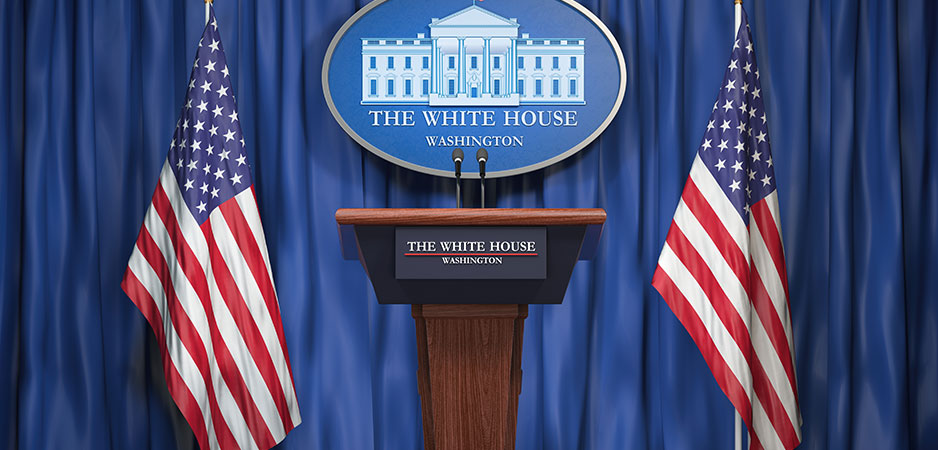This month’s election was no doubt the most dramatic in recent US history. Given the highly bipartisan political atmosphere, at 67%, voter turnout was the highest since 1900. Given the ongoing COVID-19 pandemic, there were 20% fewer polling stations open across the country. An unprecedented 65 million voters opted for mail-in ballots, raising fears that the US Postal Service may not be able to handle the amount of traffic in a timely manner. President Donald Trump had already laid the groundwork in the preceding months to claim that the election will be stolen from him and, true to his brand, his team promptly filed 36 legal challenges to contest the results; to date, 29 of these have been unsuccessful.
Donald Trump’s Treason Against the American People
More than three weeks after the election, Trump has not officially conceded. The president and his supporters are vociferously and aggressively claiming voter fraud. President-elect Joe Biden and his camp, alongside US election and security officials, are unequivocal that there is no evidence of foul play. At this time of bitter impasse, it would be invaluable to refer to a truly objective, unbiased third party. Fortunately, there is one.
Election Monitoring
The Organization for Security and Co-operation in Europe (OSCE) was founded in 1975. It consists of 57 member countries, and the United States is one of them. A key raison d’être of the OSCE is election monitoring. It assesses whether elections are “characterized by equality, universality, political pluralism, confidence, transparency and accountability.” The OSCE has observed over 300 elections globally, both in established democracies like Canada and the UK as well as in countries like Croatia and Ukraine, where the democratic tradition is still tenuous. A multinational team of experts is on hand before, during and after the vote. The methodology is thorough and transparent.
The organization has been observing every general and midterm election in the US since the 2000 disputed contest between Al Gore and George W. Bush. Its presence is particularly relevant at this moment in US history. The OSCE planned to deploy some 500 observers in the 2020 election, but the number was reduced due to the pandemic. By early October, the International Election Observation Mission (IEOM) to the US had some 130 international election monitors from 39 member nations on the ground. While some states did not allow international observers full access, most did. And even in states where the observers were not allowed in the polling stations, they at least examined the mail-in process. On the night of November 3, the OSCE delivered a detailed, 23-page report, the entirety of which is openly available on the internet.
The report covers a lot of ground: the political context and the legal framework of the electoral system; election administration and observation; voter rights, registration and identification; candidate registration (no room for birther controversy here); campaign environment and finance; the role of the media; legal complaints and appeals; as well as new voting technologies and the conduct of the election itself. It also explains IEOM’s process, observations, analysis, conclusions and recommendations.
Anyone with any doubt about possible voter fraud and whether the election was legal will be assuaged by the report’s conclusion that “The 3 November general elections were competitive and well managed” and that, “In general, IEOM interlocutors expressed a high level of confidence in the work of the election administration at all levels.”
The report also offers two chilling warnings. First, it states that “Baseless allegations of systematic deficiencies, notably by the incumbent president, including on election night, harm public trust in democratic institutions.” Second, it surmises that “Numerous ODIHR interlocutors noted that the judiciary has become highly politicized and indicated that this would have an impact on the rules governing the holding of these elections and possibly the outcome.” This report is preliminary. The IEOM remains on the task and will release a final report in early January.
Virtually Ignored
Interestingly, the presence of international election monitors in this United States has been virtually ignored by the media, the public and the politicians themselves. On the one hand, it’s understandable. Given the US-centric focus of many Americans, they may not even be aware of the role international observers play in US elections. Those who claim that the election was stolen from Donald Trump are certainly not going to point out that there is an objective assessment of the validity of the voting process. In fact, President Trump fired the director of the Cybersecurity and Infrastructure Security Agency, Chris Krebs, for stating that this election was “the most secure in American history.”
But why are the Democrats, the left-wing media and indeed anyone interested in proving beyond doubt that the election was fair ignoring the OSCE findings? Perhaps they don’t want to rely on any outside institutions to determine the validity of their election. Or maybe they feel that international monitors are only for banana republics, not for established democracies — and certainly not for the world’s oldest democracy. Pride goes before the fall.
Susan Hyde, a professor of political science at the University of Berkeley, California, and an experienced international election monitor, says that “In countries that are very divided, it can be hard for citizens to know which sources of information are objective because it seems like every domestic audience has a dog in the fight.” She explains that international observers can “act as an external but credible resource for voters and for political parties.” International monitoring missions do not stand for Democrats or for Republicans — they stand for democracy.
On the one hand, it may be ironic that the United States should be in need of the services of international election monitors. But it would be even more tragic if the US did not use their essential, objective and readily available expertise and their vital findings at this critical juncture in its democracy.
The views expressed in this article are the author’s own and do not necessarily reflect Fair Observer’s editorial policy.
For more than 10 years, Fair Observer has been free, fair and independent. No billionaire owns us, no advertisers control us. We are a reader-supported nonprofit. Unlike many other publications, we keep our content free for readers regardless of where they live or whether they can afford to pay. We have no paywalls and no ads.
In the post-truth era of fake news, echo chambers and filter bubbles, we publish a plurality of perspectives from around the world. Anyone can publish with us, but everyone goes through a rigorous editorial process. So, you get fact-checked, well-reasoned content instead of noise.
We publish 2,500+ voices from 90+ countries. We also conduct education and training programs
on subjects ranging from digital media and journalism to writing and critical thinking. This
doesn’t come cheap. Servers, editors, trainers and web developers cost
money.
Please consider supporting us on a regular basis as a recurring donor or a
sustaining member.
Support Fair Observer
We rely on your support for our independence, diversity and quality.
Will you support FO’s journalism?
We rely on your support for our independence, diversity and quality.


